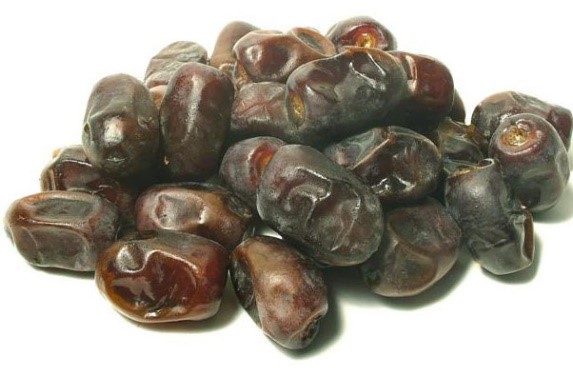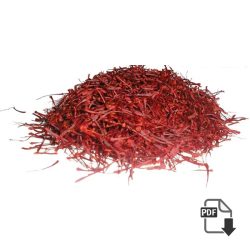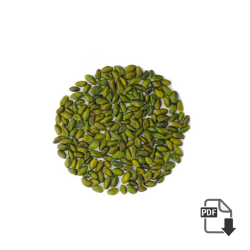— All About Rose And Rose water —
All About Rose And Rose water : Rose water is a flavoured water made by steeping rose petals in water. Additionally, it is the hydrosol portion of the distillate of rose petals, a by-product of the production of rose oil for use in perfume. It is used to flavour food, as a component in some cosmetic and medical preparations, and for religious purposes throughout Europe and Asia.
Rose syrup (not to be confused with rose hip syrup) is a syrup made from rose w , with sugar added, and is an Ark of Taste endangered food.
Please for more information or any inquiry click here ……

History Of Rose Water :
Since ancient times, roses have been used medicinally, nutritionally, and as a source of perfume. The ancient Greeks, Romans and Phoenicians considered large public rose gardens to be as important as croplands such as orchards and wheat fields.
Rose perfumes are made from rose oil, also called attar of roses, which is a mixture of volatile essential oils obtained by steam-distilling the crushed petals of roses. Rose is a by-product of this process. The cultivation of various fragrant flowers for obtaining perfumes, including rose water, may date back to Sassanid Persia, where it was known as golāb (Middle Persian: گلاب), from gul (rose) and ab (water). The term was adopted into Byzantine Greek as zoulápin.The process of creating rose through steam distillation was refined by Persian and Arab chemists in the medieval Islamic world which led to more efficient and economic uses for perfumery industries.
— Uses Of Rose Water —
Edible:
Rosewater has a very distinctive flavour and is used heavily in many Middle Eastern cuisines—especially in sweets such as nougat, gumdrops, and baklava. For example, water is used to give some types of Turkish delight (Rahat lokum) their distinctive flavours.
The Cypriot version of mahaleb, known as μαχαλεπί, uses rose water (ροδόσταγμα).[6][unreliable source?] In Iran, it is also added to tea, ice cream, cookies, and other sweets in small quantities, and in the Arab world, Indian subcontinent it is used to flavour milk and dairy-based dishes such as rice pudding. It is also a key ingredient in sweet lassi, a drink made from yogurt, sugar and various fruit juices, and is also used to make jallab. In Malaysia and Singapore, sweet red-tinted water is mixed with milk, which then turns pink to make a sweet drink called bandung. Rose water is frequently used as a halal substitute for red wine and other alcohols in cooking; the Premier League offer a rose water-based beverage as an alternative for champagne when rewarding Muslim players.It is sometimes added to lemonade, and often added to water to mask unpleasant odours and flavours found in tap water.
Marzipan has long been flavoured with water.Rosewater was also used to make Waverly Jumbles. American and European bakers enjoyed the floral flavouring of water in their baking until the 19th century when vanilla flavouring became popular. In the historic English county of Yorkshire water has long been used as a flavouring for one of that region’s best-loved dishes; Yorkshire curd tart.
In accordance with the ban on alcohol consumption in Islamic countries, water is used instead of champagne on the podium of the Bahrain Grand Prix and Abu Dhabi Grand Prix.
Cosmetic and medicinal use:
In medieval Europe, rose water was used to wash hands at a meal table during feasts.
Rose water is a usual component of perfume. A rose water ointment is occasionally used as an emollient, and water is sometimes used in cosmetics such as cold creams, toners and face wash. Its anti-inflammatory properties make it a good tool against skin disorders such as Rosacea and eczema. Some people in India also use water as spray applied directly to the face for natural fragrance and moisturizer, especially during winters. It is also used in Indian sweets and other food preparations (particularly gulab jamun). water is often sprinkled in Indian weddings to welcome guests.
Religious uses:
Rose water is used as a perfume in religious ceremonies (Muslim, Hindu and Zoroastrian). Water used to clean the Kaaba, the Qibla for Muslims located in Mecca, combines water from the Zamzam Well with water as an additive.[citation needed] In the Indian subcontinent and Southeast Asia during Muslim burials, water is often sprinkled in the dug grave before placing the body inside. water is used in some Hindu rituals as well. water also figures in Christianity, particularly in the Eastern Orthodox Church.In the Baha’i Faith, the Most Holy Book (Kitab-i-Aqdas 1:76) orders the believers to make use of rose water.
Please for more information or any inquiry click here ……
other products
-
Whole dried apricot Special wholesale price + analysis + sale offer
This variety is very sweet with an orange color. Sulfur is added to whole dried apricots in order to maintain the natural color, prevent bug infestation, and increase preservation.
-
Dried lime Powder
Dried Lime: Producer area: Fars, Hormozgan How to store: Fresh dried lime is in mustard color and sour taste. Dried lime in big size and darker color is the one with high quality. It can be stored in dry place…
-
Dried Prune
Since time immemorial, dried plume has been reputed for its anti-conception properties. However its benefits have gone beyond this. Wishing to lose some weight, we highly recommend you to put dried plume to your diet, either in your food or…
-
Sargol Saffron | most economical saffron for import
Sargol Saffron | most economical saffron for import : sargol saffron consists only of Dark Red Stigma (thread) Tips. So. in other words all the white and orange parts are removed. This saffron is the second most expensive type of…

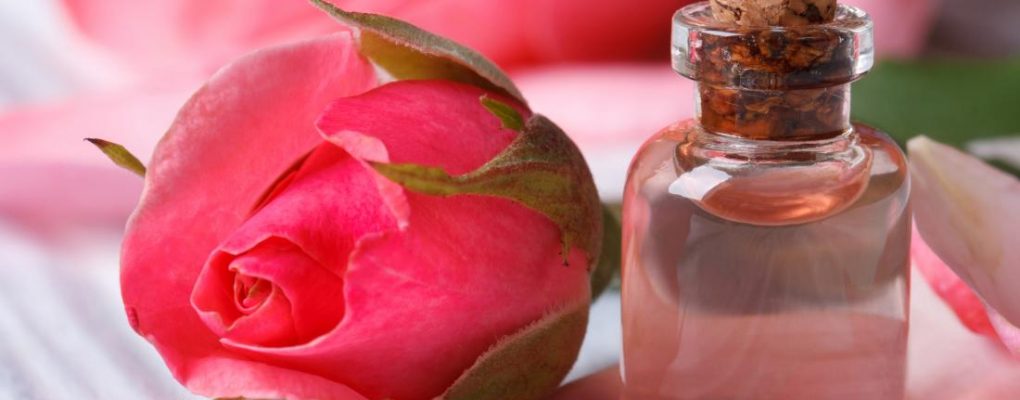
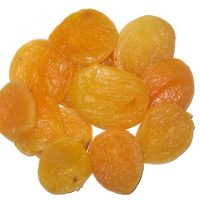
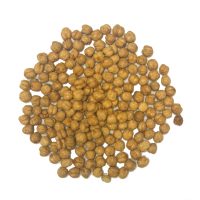
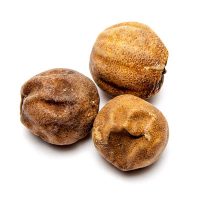
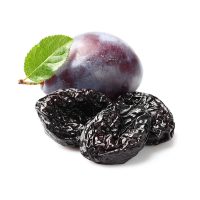
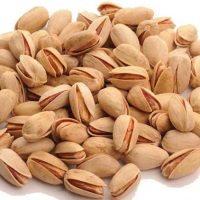
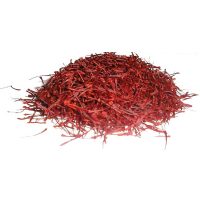
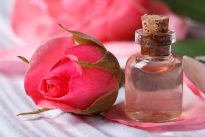
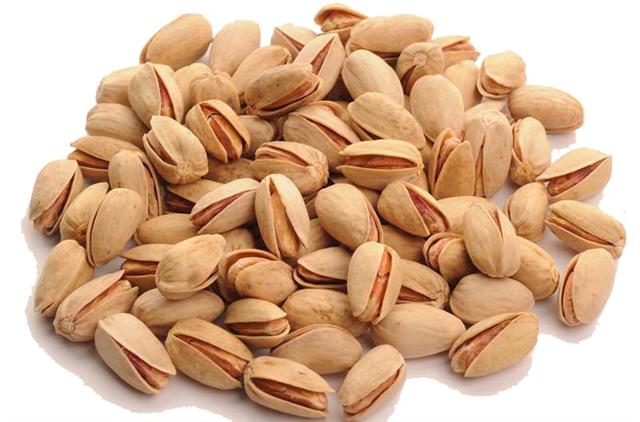
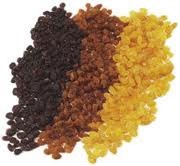 3 kind raisin
3 kind raisin 